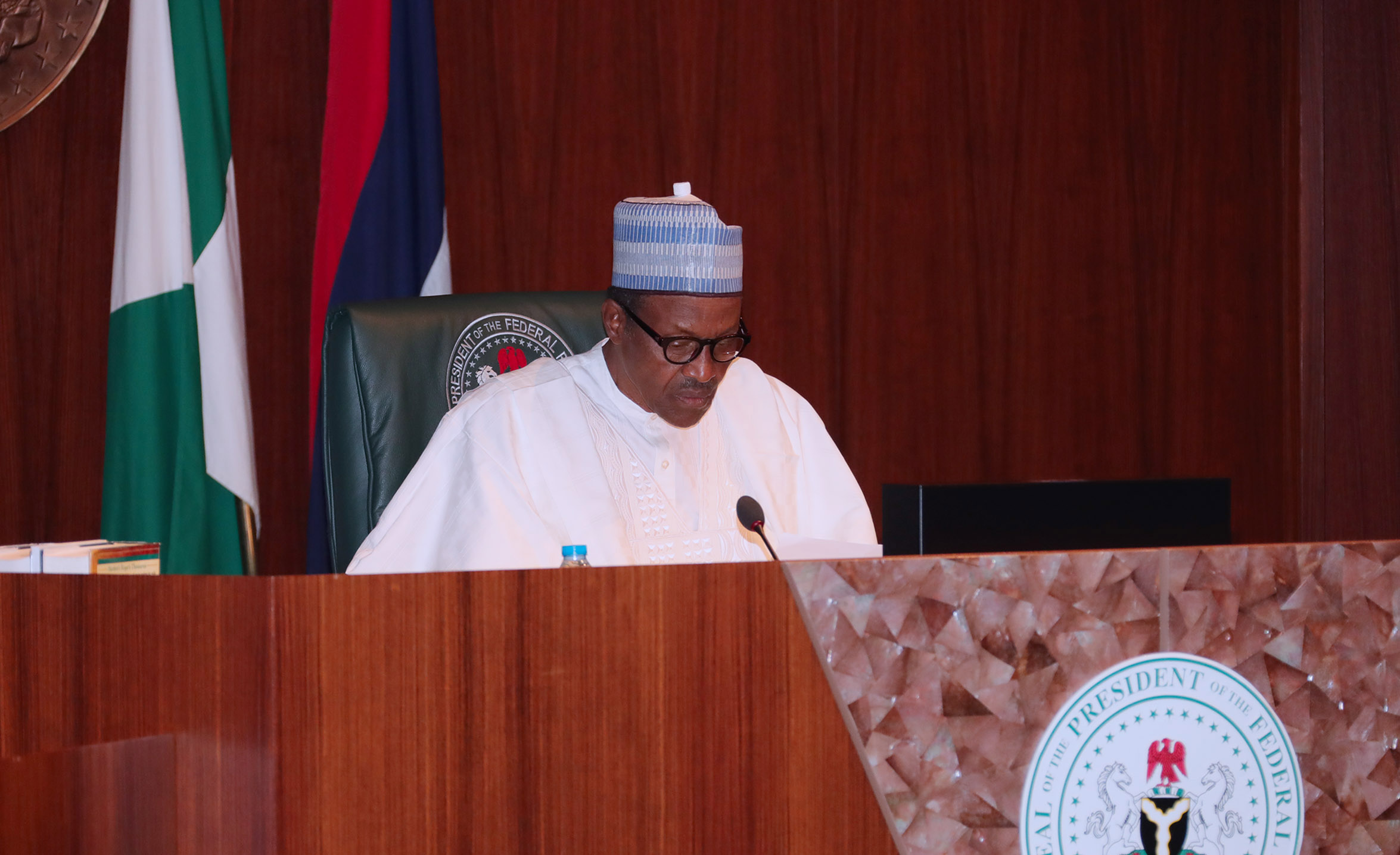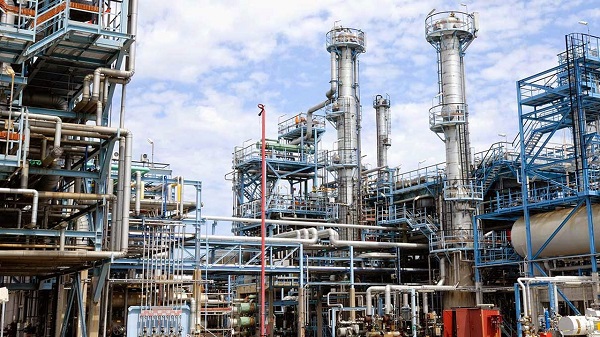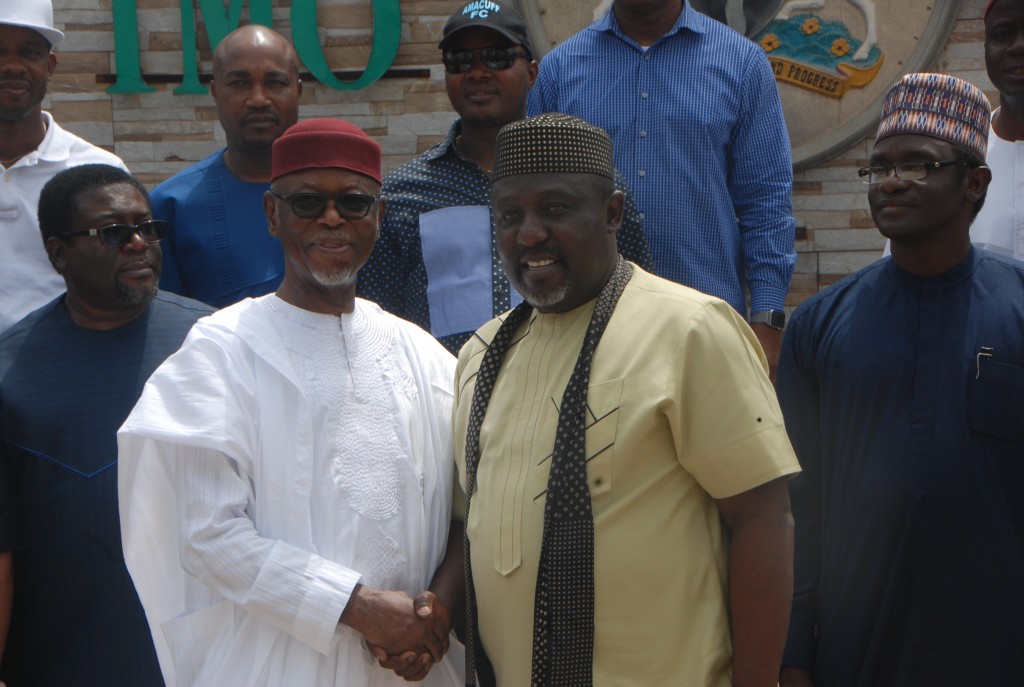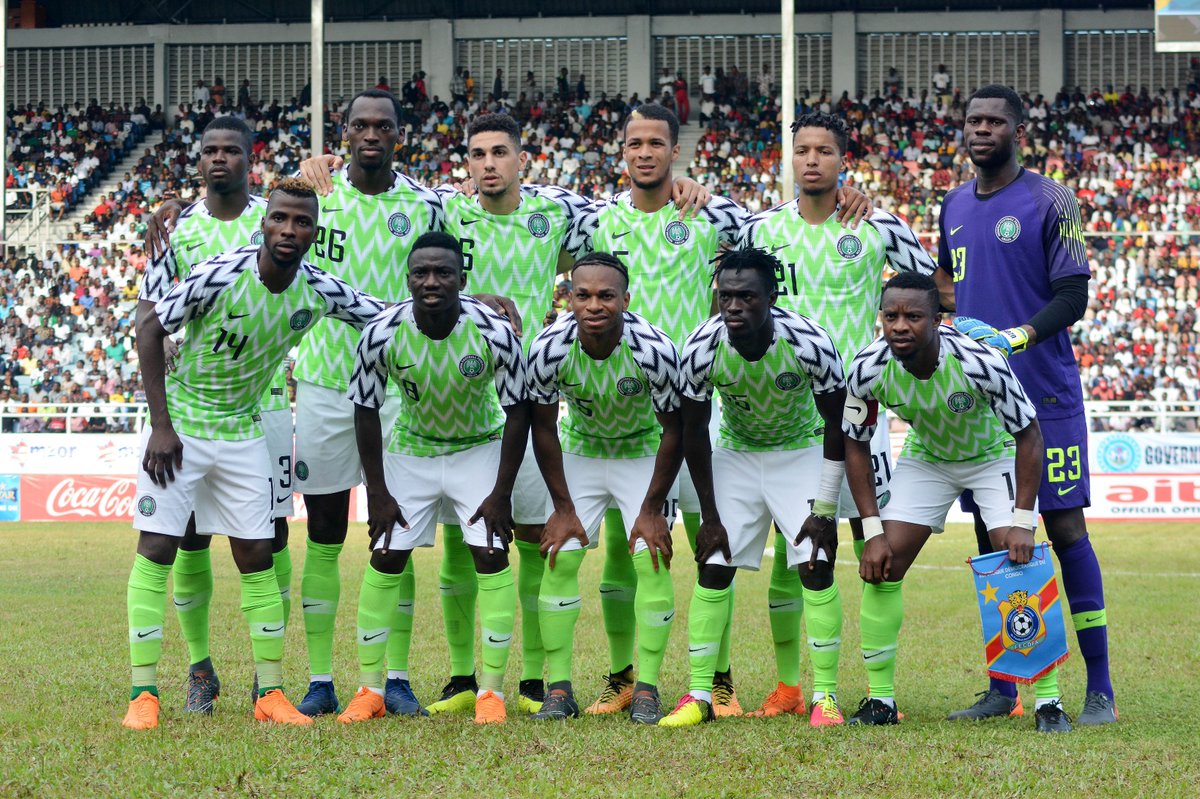PRESIDENT BUHARI RECEIVES NORTHERN PASTOR'S FORUM. 0A. President Muhammadu Buhari during an audience with Northern Pastor's Forum at the Council Chambers State House Abuja. PHOTO; SUNDAY AGHAEZE. APRIL 5 2018.
It is quite thought-provoking how this month marks just over three years since President Muhammadu Buhari secured a historic victory in Nigeria’s state elections.
There was a high degree of optimism over Buhari changing Nigeria for the better by reviving economic growth and fighting corruption and insecurity. Much has happened over the past few years under the Buhari regime, with the nation going through various trials and tribulations.
Confidence in the health of Nigeria’s economy was dealt a painful blow after a currency crisis threatened to cripple the nation. Inflation skyrocketed to worrying levels as the Naira tumbled and economic growth slowed for the first time in 25 years.
While it could be easy to blame the APC for Nigeria’s woes, it must be kept in mind that falling oil prices may have played a leading role.
Advertisement
What remains highly worrying is that the national assembly has just recently passed a record N9.2 trillion budget for 2018. Such a development could negatively impact confidence over the nation’s political landscape, especially when considering how this budget was the most delayed in 19 years.
It is worth noting that the 2017 budget followed a similarly disappointing pattern of delays which could have negatively impacted economic growth.
Speaking about economic growth, for the first time in over two decades Nigeria experienced a recession thanks to the combination of falling oil prices, political uncertainty and a sharply depreciating local currency.
Advertisement
A strong suspicion remains that Buhari’s six-month delay to select a cabinet after being sworn in as president on 29 May 2015 weighed heavily on the nation. His refusal to allow the Central Bank of Nigeria to devalue the naira when falling oil prices were eroding the nation’s external reserves compounded to Nigeria’s woes. When the CBN eventually de-pegged the Naira in June 2016, the local currency depreciated so badly that the economy and citizens felt the pain.
The ripple effect ultimately created restrictions on international payments while crippling liquidity and repelling foreign investors.
Focusing on the macroeconomics, Nigeria’s unemployment rate has jumped 18.8% over the past three years, while youth unemployment rate is currently around 33.1%. Inflation rose to gravity-defying levels, from 9.8% in May 2015 to a 12-year high of 18.72% in January 2017.
Although inflation has moderated, dropping to 12.5% April thanks to the CBN’s efforts to promote FX stability, the effects can still be felt on the economy.
Advertisement
While the country displayed its resilience against the global arena by staging a rebound in 2017 thanks to higher oil prices, the latest GDP report for Q1 of 2018 disappointed, by sliding 0.16%.
The truth is, Nigeria needs to implement more fiscal and monetary measures with a strong focus on agricultural development to boost economic growth.
Today, the nation proudly boasts foreign exchange stability and moderating inflationary pressures; this could be off the back of recovering oil prices.
Painful lessons from the past regarding falling oil prices should act as a wake-up call for the nation to break away from oil reliance and diversify into a self-sustaining economy.
Advertisement
The World Bank Group has expressed satisfaction over the performance of the Nigerian economy, while Fitch Ratings has affirmed Nigeria’s long-term foreign currency Issuer Default Rating (IDR) at B+ with a negative outlook.
With the implementation of the new Economic Growth and Recovery Plan (EGRP) supporting trade and capital flows, the outlook for Nigeria remains encouraging.
Advertisement
The CBN has the ability to boost economic growth by cutting interest rates. With inflationary pressures slowly becoming a theme of the past and economic data improving, it becomes a matter of when, rather than if, interest rates are cut.
President Buhari will be seeking a second term in office in elections next year and it will be interesting to see if he secures another historic victory. Whatever the outcome of the election, the future remains bright for Nigeria.
Advertisement







